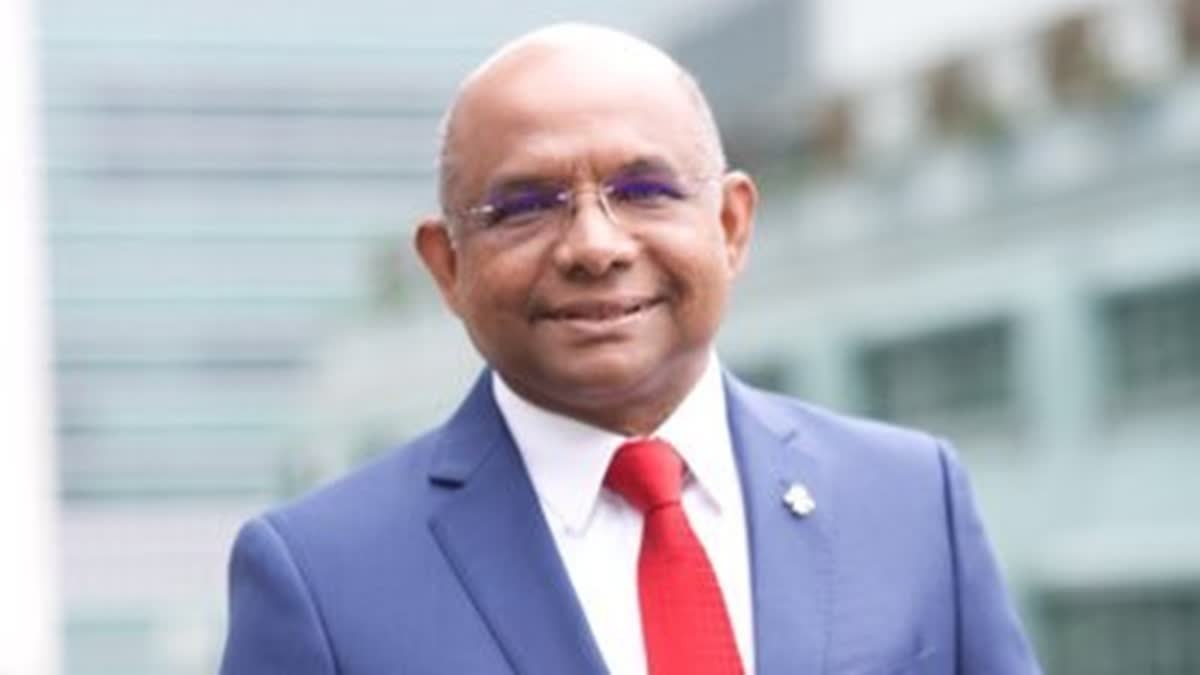New Delhi: Maldivian Foreign Minister Abdulla Shahid is arriving in India on Tuesday July 11 for a two-day official visit, an official said on Monday. A spokesperson for the Ministry of External Affairs said that the Maldivian Foreign Minister will meet the External Affairs Minister Dr. S Jaishankar during his visit to India.
The two will hold discussions on bilateral, regional, and international issues of mutual interest, the MEA spokesperson said. Both Ministers will also witness exchange of project development agreements under Indian grant assistance, the spokesperson said. It is learnt that during his two day visit to India, Maldivian Foreign Minister Shahid will deliver the 43rd Sapru House Lecture at the Indian Council of World Affairs (ICWA) in New Delhi.
Also read:Maldivian foreign minister arrives in India
As per the MEA spokesperson, Maldives is India’s key maritime neighbour in the Indian Ocean Region (IOR) “and occupies a special place in Prime Minister’s vision of ‘SAGAR’ (Security and Growth for All in the Region) and the ‘Neighbourhood First Policy’. Abdulla also confirmed the visit on Twitter. “Keeping with the tradition of high-level exchanges between Maldives and India, I am departing to New Delhi on an Official Visit at the invitation of EAM Dr S Jaishankar. Look forward to continuing our discussions on enhancing the Maldives India partnership.
Foreign Minister Shahid’s visit is in continuation of the series of high-level visits from both sides and is expected to lend further momentum to the substantive bilateral cooperation between the two countries. It can be recalled that the Maldivian Foreign Minister had visited India for a similar official visit in Aug. last year.
During his last year's visit to India, Shahid met Vice President Jagdeep Dhankhar and Foreign Secretary Vinay Kwatra among other top officials. The visit of Maldivian Foreign Minister to India of Aug. last year came nearly a month after Maldivian President Ibrahim Mohamed Solih's arrived in India. During Solih's visit to India, the two sides inked six agreements with regard to cooperation in a range of areas such as cyber security, housing and disaster management.
